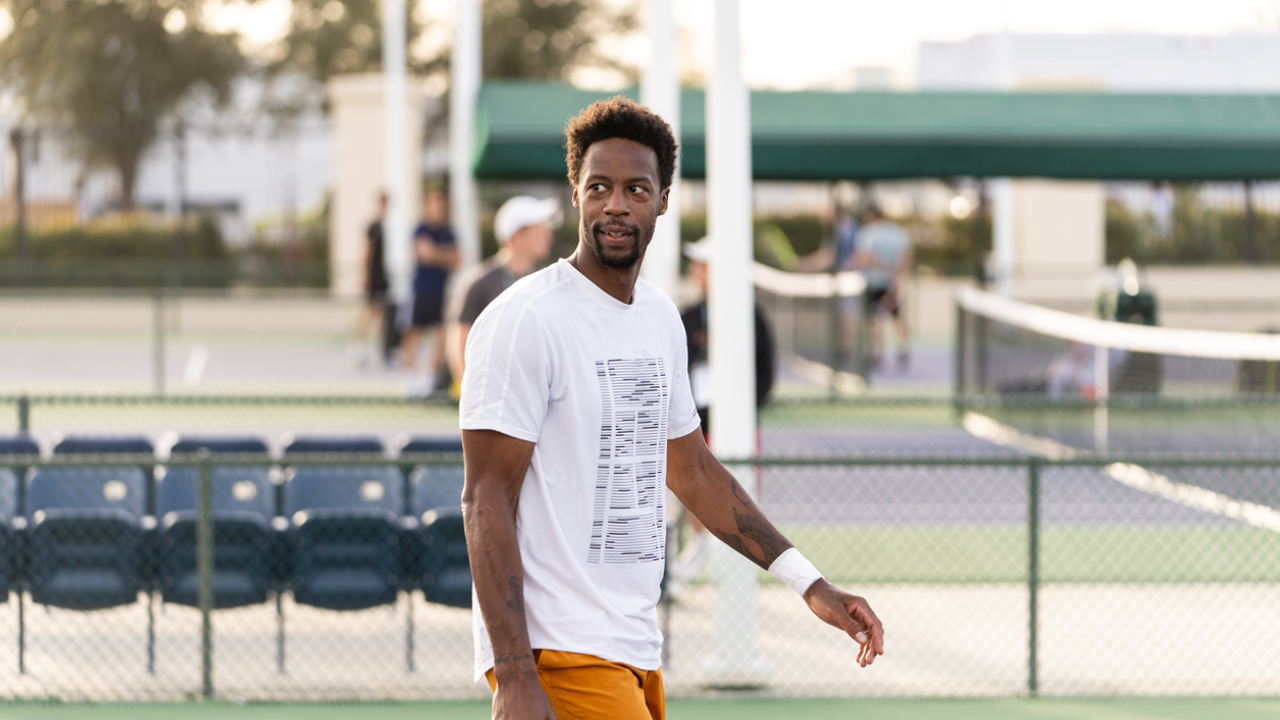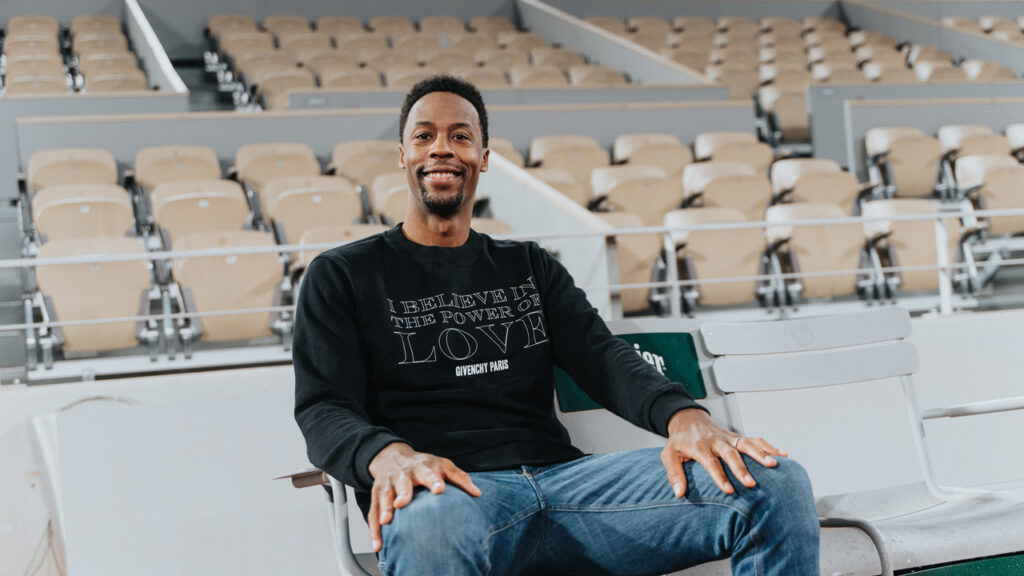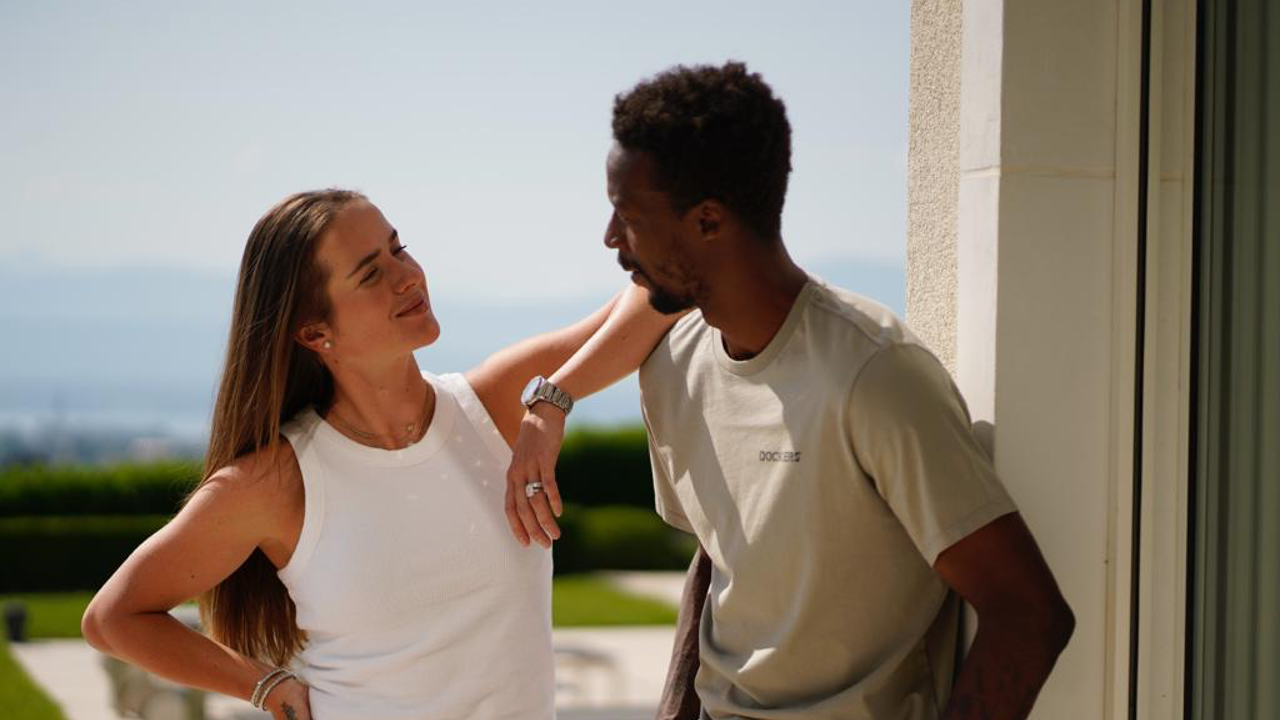
Let the dreamers dream

I know, I know—a pro athlete telling you to “dream big!” sounds a little cliché 😉 But the question of what it really means to have a dream, as well as the way big dreamers are treated in different countries is one I’ve thought about a lot throughout my life. So just before the holidays, I wanted to share a few of my reflections with you anyway, as well as hear your thoughts on the matter.
And I don’t know about you, but I’ve sometimes felt that in certain places, one isn’t really allowed to dream. Set goals, yes. But dream? Not so much.
Let me explain. To me, ‘having a dream’ isn’t the same as ‘having a goal.’ The difference is subtle, but a good way to figure out which one you’re dealing with comes from a conversation I had once with Tony Parker. He told me, “If people don’t laugh when you tell them your dream, it’s not big enough.”
Goals may require a lot of hard work to achieve, but they’re usually reasonable, attainable, plan-able. Dreams on the other hand are improbable, unreasonable, unrealistic.
I think that in France we sometimes shy away from being ‘unrealistic’. And I totally get it! The odds are stacked against our wildest dreams coming true — so why bother having them in the first place? The thinking is that low expectations now = less disappointment later. So when a kid comes to us and says, “I want to go to the moon!” or “I want to score the winning goal at the World Cup!” often our first instinct is to tell them how much work it’ll take, how difficult it will be, how, statistically-speaking, very few people ever… blah, blah, blah, go focus on your math homework instead.
Maybe it’s our own fear, our own limits speaking, but for some reason, we feel a need to pull dreamers back to earth by ‘warning them’ about all the obstacles ahead.
But here’s a crazy thought. What if we just let the dreamers dream? So what if that dream doesn’t ever become a reality? (For most of us, it almost certainly won’t.) But I think allowing people — especially young people — to dream big sends a really important message:
Better to get hurt playing the game than stay safe but forever on the sidelines.
Encouraging someone’s crazy dream doesn’t give them false hope. It gives them real courage to chase a life they actually love.
I was lucky to have a lot of encouragement from my parents (especially my dad), but aside from that, here are two things that have really helped me:
1) Being very intentional about the people I surround myself with. 2) Making peace with the possibility that things wouldn’t work out. Try it! The audacity you develop while trying will serve you for the rest of your life.
And if you’re still struggling to figure out what your dream (not goal) is, the answer probably lies in something you loved as a kid. Your childhood passion for slaying imaginary dragons or building huge pillow forts gives you clues about the activities, values, and challenges you love.
Now the obvious question: what’s your dream?
Until next time,
Gaël


